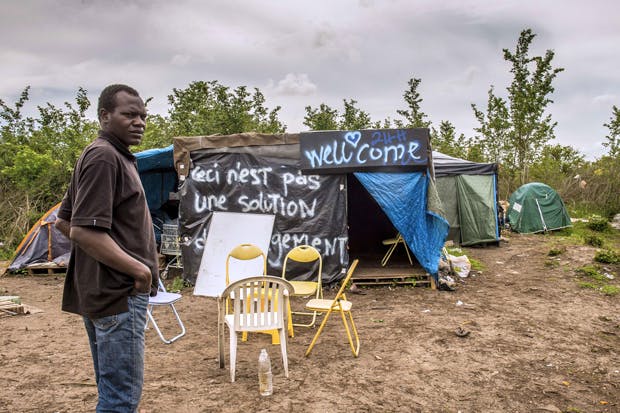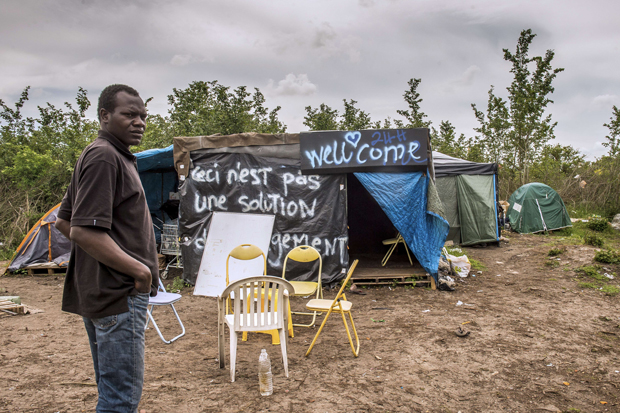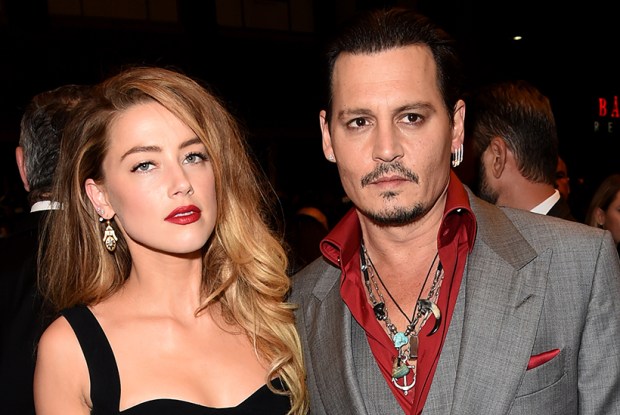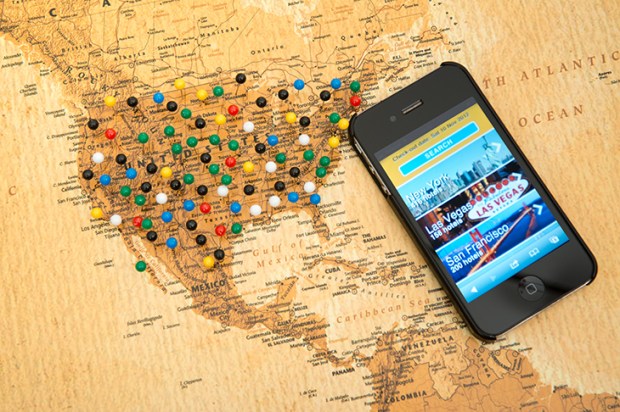A few weeks ago someone very dear to me passed on a question about The Spectator, asked them by a friend. The friend, who I know and like, had read Douglas Murray’s recent report from Lampedusa about the poor Med-faring migrants, and her question was this: ‘Is everyone at The Spectator a racist?’
Some insults brush past without leaving a mark, others pierce the skin and sink in. This one sunk like a splinter, and like a splinter I’ve been worrying away at it ever since, turning what was a small injury into a painful, bloody mess. I can dismiss the accusation easily enough — the Spectator office is multi-racial, the magazine’s editorial line consistently pro-immigration. It’s the questioner who haunts me. This is a clever woman, Oxbridge–educated, who must have known her comment would get back to me. ‘Racist’ is, she’d agree, the A-bomb of insults — yet she felt quite comfortable hurling it at the entire Spec. She worries me particularly because I hear in her the voice of so many of my generation: left-leaning, urban, socially concerned but closed to discussion. It’s a gang who often conflate ‘right-wing’ with ‘racist’ in conversation; for whom even asking questions about immigration is now taboo.
So what was Douglas’s particular sin? I went back to his article and read it twice. Douglas goes to Lampedusa. Douglas meets some migrants and makes the point that they’re Eritreans for the most part, not Libyans. I found only one conceivably provocative paragraph in which he says it’s difficult to sort the legitimate asylum seekers from the fake ones, and points out that for a migrant, life after asylum can prove tough.
Can this really be the objectionable part? I feel like Paxman on University Challenge: Oh, come on, Cambridge! It’s just not enough to repost worthy stories on Facebook. That’s no substitute for thought. If we care, we must ask questions about life after asylum.
As it happens, in the strange way of things, after re-reading Douglas I met four migrants from Eritrea in a church in Soho, three women and a young man, and I spent the evening talking about their situation.
I had thought there was an ongoing war with Ethiopia, and that was the reason Eritreans fled. More fool me. Isaias Afwerki, the paranoid president, keeps his country on a permanent war footing, but it’s not to fight so much as to stifle dissent. Teenagers are conscripted into the army after school, then spend pointless decades performing military drills or building houses for Afwerki’s cronies. Education is pitiful and many students drop out; why bother to study when you’ve a life of drudgery ahead? Deserters are imprisoned or killed — sometimes left in shipping containers where they boil to death. Short of North Korea or an Isis slave cave, there’s no more hopeless place on earth.
So shouldn’t we make it clear to Eritreans that they’re welcome, all of them? Isn’t the outraged ‘friend’ right to brook no quibbling in this case? My Eritrean pals were unsure.
Fleeing Eritrea is a terrible business. All routes out are deadly. An attempt to escape by boat to Europe means braving both lynch mobs in Libya and the possibility of capsizing in the Med. Crossing the Sinai Peninsula and making for Israel is just as lethal. There are gangs of tribesmen looking for hostages, and Egypt seems keen on torturing any Eritreans its army finds. Kidnapped by Bedouin, tortured by Egyptians, drowned by Libyans. That, friend, is real racism.
Even if and after you’ve made it to Europe, refugee life is grim. Just last Monday, hundreds of Sudanese and Eritrean migrants began a tit-for-tat bust-up at a camp in Calais. More than 20 people were wounded before riot police intervened. Incidentally, the mayor of Calais, Natacha Bouchart, blames Britain for this. We’re too attractive to asylum seekers, she says, our benefits too lavish. Migrants risk their lives to get here. What, I wonder, would a Facebook warrior make of that?
Better, then, to improve Eritrea than to import it. But how? Were we the sort who asked no questions, we could cheer on the European plan to send more aid. In April the EU approved a €122 million aid package for Eritrea. I asked my Eritrean companions: is this a good thing? They shook their heads. President Afwerki will steal the money, they said. He’ll build more prisons and strengthen his position. He must go. He must not get more money.
There’s certainly no way of telling what Afwerki will do with the dosh. Asmara’s about as transparent as Pyongyang. NGOs are banned, all private press shut down. No matter, says the EU. It’s all about staying engaged, keeping the lines open — which makes a sort of sense until you look at how ‘engagement’ has worked out so far. There’s been years of aid to Eritrea, but the more we ‘engage’, the faster the population decamps. In 2014 the number of asylum seekers to Europe from Eritrea tripled. Nearly 5 per cent of the Eritrean population has now fled.
To Douglas’s last point, the one that I suspect provoked the cry of racism. He says migrants ‘may be more protected, free and safe than they were at home, but their future can hardly be said to be bright’. That’s uncomfortable, but often true. The Eritreans I met were in limbo, waiting for housing, sleeping in churches and synagogues. One girl in her twenties was at her wits’ end. It’s exhausting not having a home, she said, and she was struggling to learn English. Tigrinya is a lovely language but utterly different from ours. As a schoolgirl she had wanted to be a biologist. Now she hoped to become a cleaner.
That splinter hurts less, but I still feel it needling away. Moral indignation rushes in to fill the gap between what you feel and what you can justify, and I quite see that this accounts not just for my friend’s righteous rage but also my own ongoing angst. Still. If there’s a pitiful lack of clear answers, it at least seems vital to consider not just the short-term good of offering asylum, but the long-term effects too. That’s not racist. It’s our moral duty.
Got something to add? Join the discussion and comment below.
Get 10 issues for just $10
Subscribe to The Spectator Australia today for the next 10 magazine issues, plus full online access, for just $10.















Comments
Don't miss out
Join the conversation with other Spectator Australia readers. Subscribe to leave a comment.
SUBSCRIBEAlready a subscriber? Log in